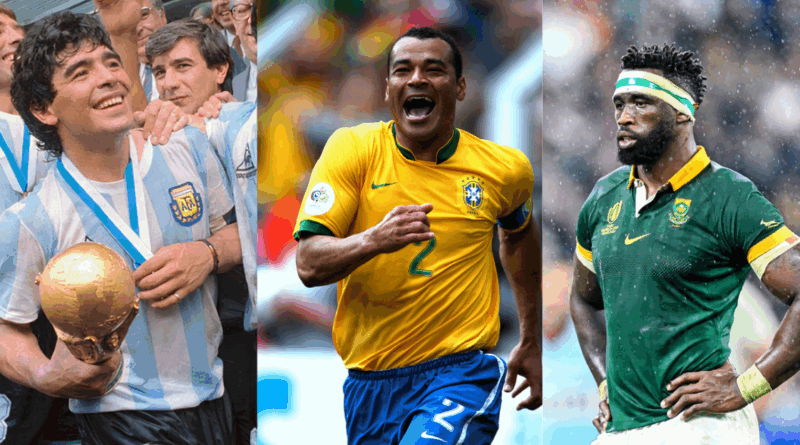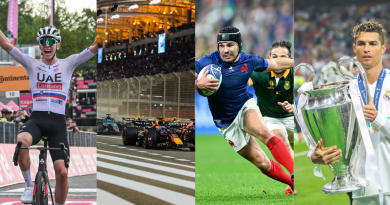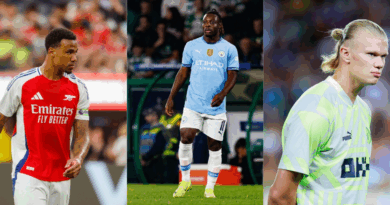10 greatest captains in sports history
True leadership in sport is more than just talent — it's the ability to inspire, to endure pressure, and to lift an entire team when it matters most. These ten icons, drawn from different sports and eras, stood out not only for what they won, but how they led.
10. Tony Jacklin – Europe’s Ryder Cup revivalist
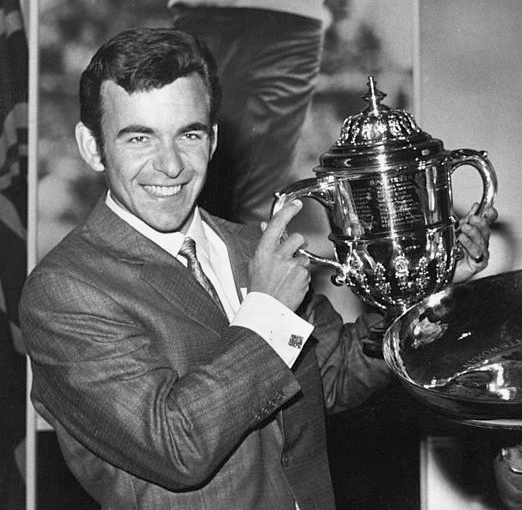
Despite a poor personal Ryder Cup record as a player, Tony Jacklin redefined Europe’s fortunes as a non-playing captain. From 1983 to 1989, he led the team with renewed belief, steering them to their first win in 28 years in 1985 and their first victory on American soil in 1987.
9. Bobby Moore – the calm in the storm
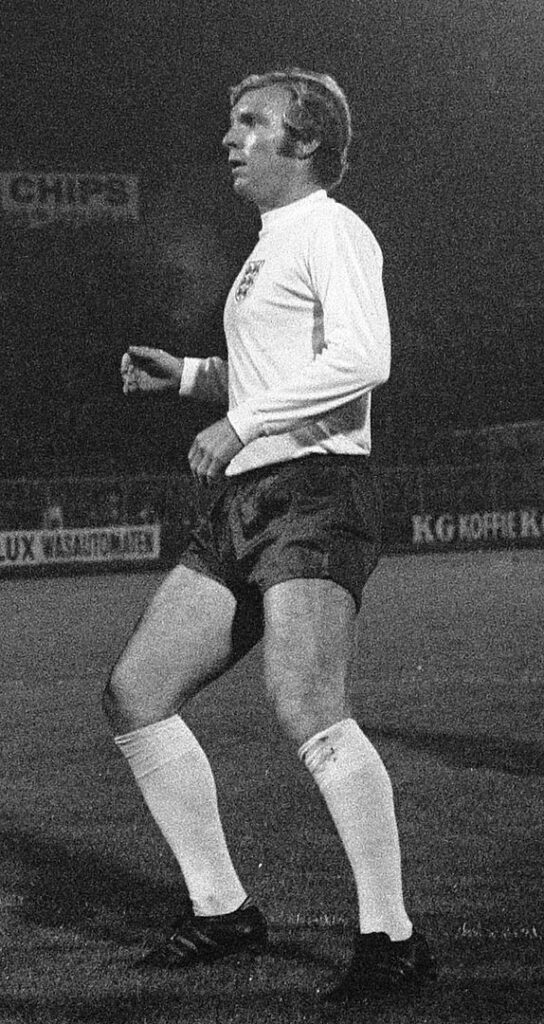
Bobby Moore captained England to World Cup victory in 1966 with elegance and intelligence, not aggression. A master of timing and positioning, his leadership in England’s greatest football moment remains unmatched, with 108 caps and his No.6 jersey retired at West Ham.
8. Roy Keane – the enforcer with sky-high standards
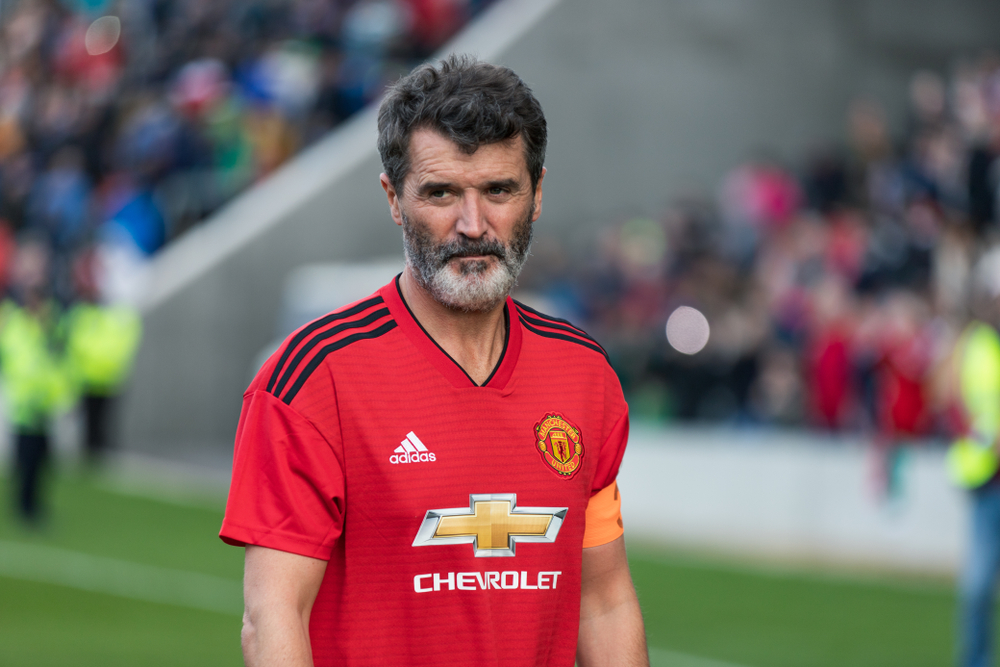
Roy Keane led Manchester United during a golden era, demanding excellence at every turn. One of his finest moments came in the 1999 Champions League semi-final, where he inspired his team to victory against Juventus despite knowing he’d miss the final.
Read also: The True Cost of an F1 Car - A Breakdown
7. Steve Waugh – Australia’s uncompromising general

Steve Waugh turned Australia into an unstoppable cricketing machine, winning the 1999 World Cup and leading the Test team with a fierce will to win. He retired with the highest win rate for a Test captain, driven by a relentless mindset and refusal to settle for mediocrity.
6. Cafu – the heartbeat of Brazil
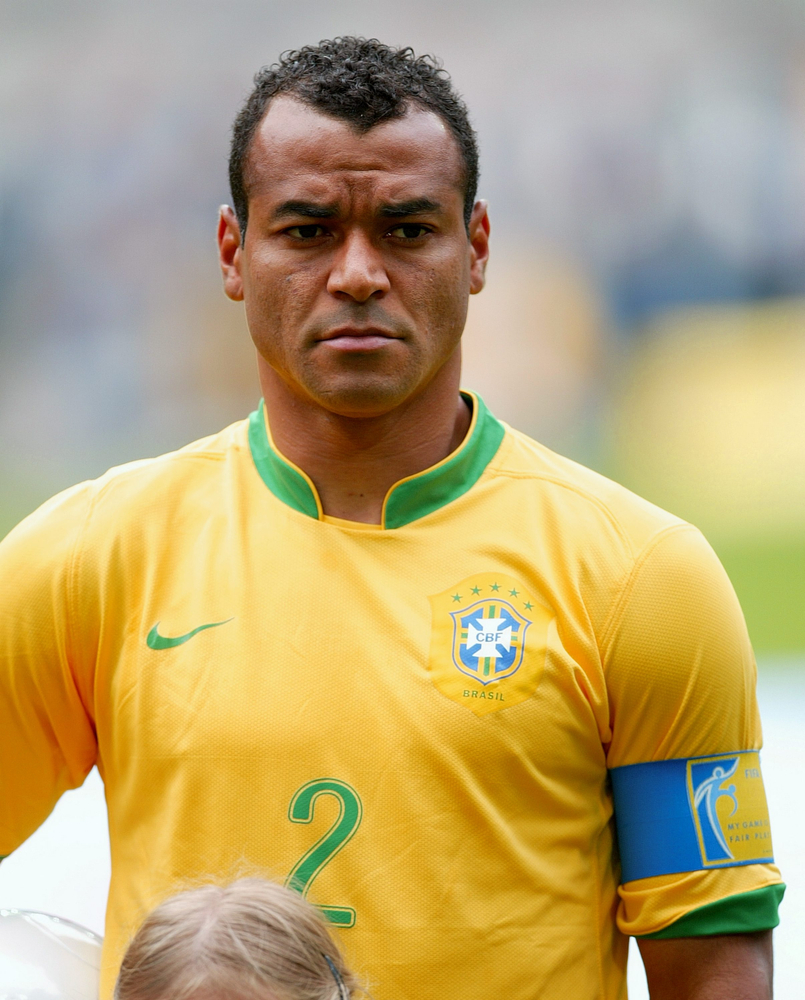
As captain of Brazil’s 2002 World Cup-winning team, Cafu became a national icon. The only player to feature in three straight World Cup finals, he remains Brazil’s most-capped player and a constant ambassador for sport and health.
5. Wayne Gretzky – the great one on and off the ice
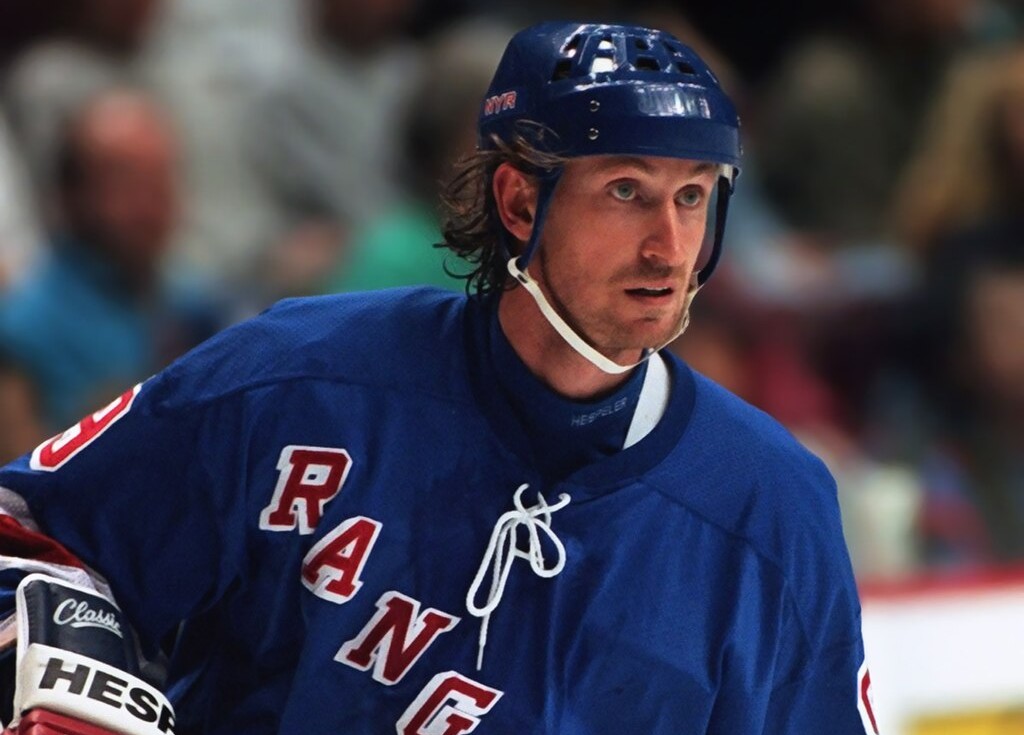
Known as "The Great One," Wayne Gretzky captained the Edmonton Oilers to four Stanley Cup victories. A record-setter with unmatched skill, he led with humility and class, earning the rare honour of having his No.99 jersey retired league-wide by the NHL.
4. Richie McCaw – relentless in pursuit of greatness
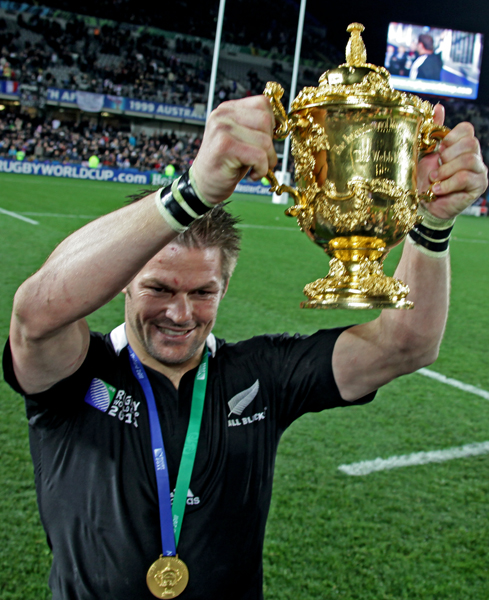
New Zealand’s Richie McCaw captained the All Blacks to back-to-back World Cup victories, proving critics wrong after a disappointing 2007 campaign. His leadership, resilience and 110 captaincies helped cement the All Blacks as rugby’s greatest force.
Read also: The youngest players to reach 25 Champions League appearances
3. Franz Beckenbauer – the elegant commander
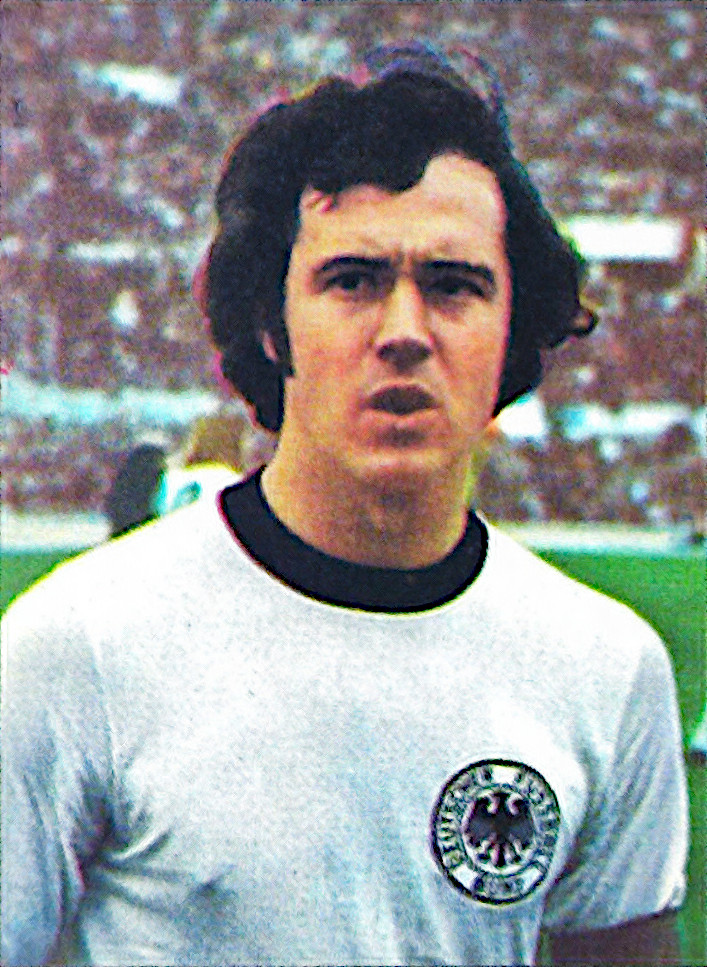
Franz Beckenbauer, known as "Der Kaiser," revolutionised football from the back, captaining West Germany to the 1974 World Cup. His vision and composure under pressure made him a born leader and one of the sport's all-time greats.
2. Diego Maradona – carried a nation and a city
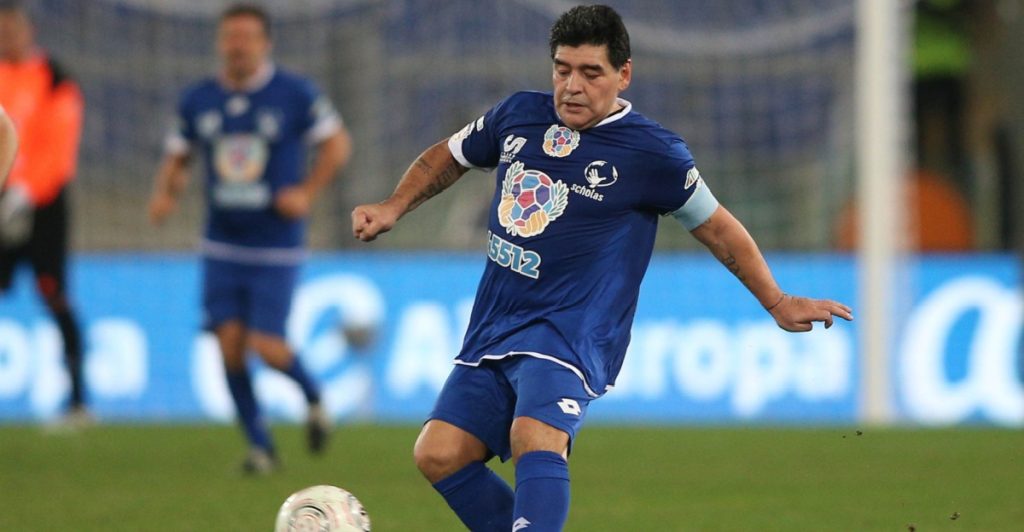
Maradona’s 1986 World Cup campaign is the stuff of legend — a captain who shouldered Argentina’s hopes and delivered. He also transformed Napoli into Serie A champions, becoming a symbol of pride for southern Italy during a time of social tension.
1. Siya Kolisi – a symbol of hope and resilience
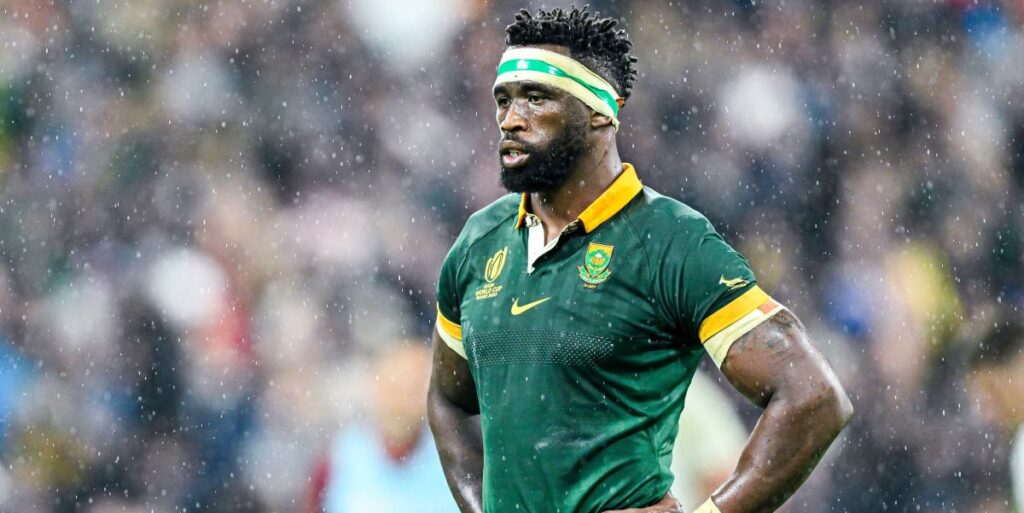
Siya Kolisi’s rise from poverty in South Africa’s townships to captaining the Springboks to two World Cups is a story bigger than sport. As the first Black South African rugby captain, his leadership and humility made him a beacon of unity in a divided nation.
Read also: The 25 Greatest Italian Footballers of All Time - Ranked
Read also: 10 stadiums every football fan should visit before they die

